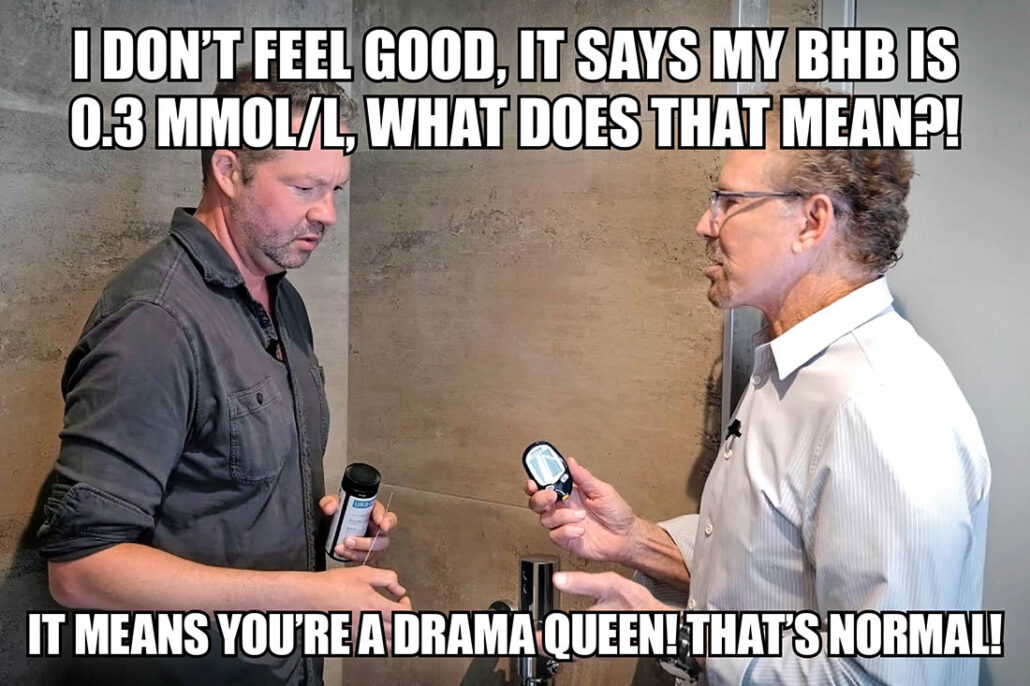
The Patient:
My patient Ashley is a 28-year-old woman who has had type 1 diabetes since she was 7 years old. Through the years she has gained some weight and her insulin requirements are now at approximately 100 units per day, which indicates some degree of insulin resistance. Ashley is currently on a hybrid closed-loop system and she has reasonable glucose control, but she came at her last visit wanting to do better.
Here’s a snapshot of Ashley’s 30-Day Dexcom Download:

The Problem:
As you can see from Ashley’s data, her average glucose, GMI (A1c), standard deviation, and time in range are not quite at goal, but close. And she doesn’t have many lows at all. In fact, if I saw those numbers before hybrid closed-loop systems, I would have said she was doing great!
She is doing well, but we have an opportunity now to try to fix the areas that could use some attention. Her main issues are very common ones…glucose levels that spike after meals, glucose variability after meals, and snacking late at night. Looking at her 24-hour glucose profile, she bounces up after lunch every day, and also after dinner. She goes to bed at almost 200 mg/dL every night from her late-night snacking.
The Solution:
During her visit we discussed techniques to reduce her post-prandial (after meal) spikes, which included taking her fast-acting insulin 20-30 minutes before eating, using Afrezza (inhaled insulin) to rapidly bring her blood sugar down, reducing carbs in her meals, and trying to do some post-meal exercise.
The therapeutic adjustments we made were to adjust her insulin-to-carb ratio from 1:10 to 1:8 (meaning one unit of insulin for every 8 grams of carbs) and give small boluses of insulin for snacking, even at night. Like most people, she’s afraid that she might get low at night. I also suggested some low-carb snacking options like cheese, beef jerky, celery sticks, hard-boiled eggs, etc.
The other discussion point that I have with all my patients who have type 1 diabetes is to bring up the fact that their first- and second-degree relatives should be screened for the antibodies that lead to the development of type 1 diabetes, as they are at a greater risk of developing the condition.
The Takeaway:
Everyone with diabetes – type 1 or type 2 – struggles with spikes after eating. I don’t care if you’re the King of England or Ironman, you’re still going to forget to bolus before meals. But there are other things we can do to try to curtail post-meal spikes. My friend Gary Scheiner wrote a great article on how to strike the spike here. Working with your doctor to see if there are small tweaks you can make to your regimen can also make a big difference.


Have u read Mastering Diabetes? If not u should
Thanks for the recommendation.